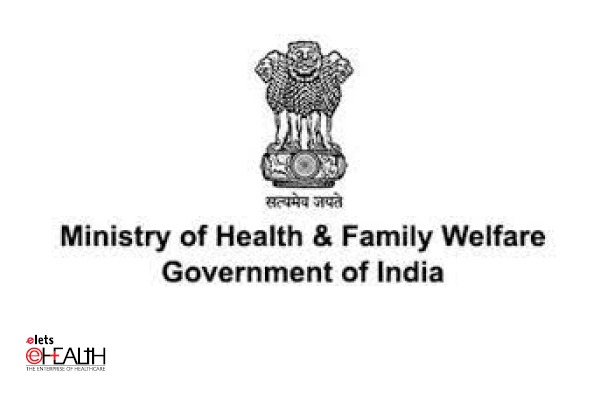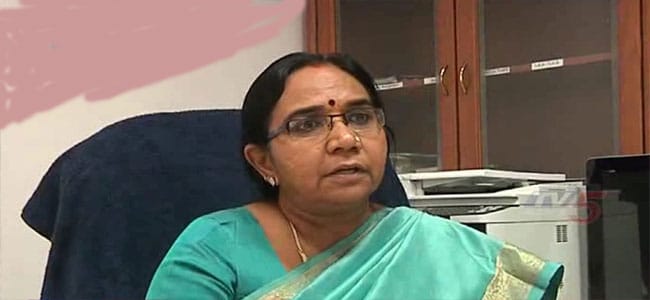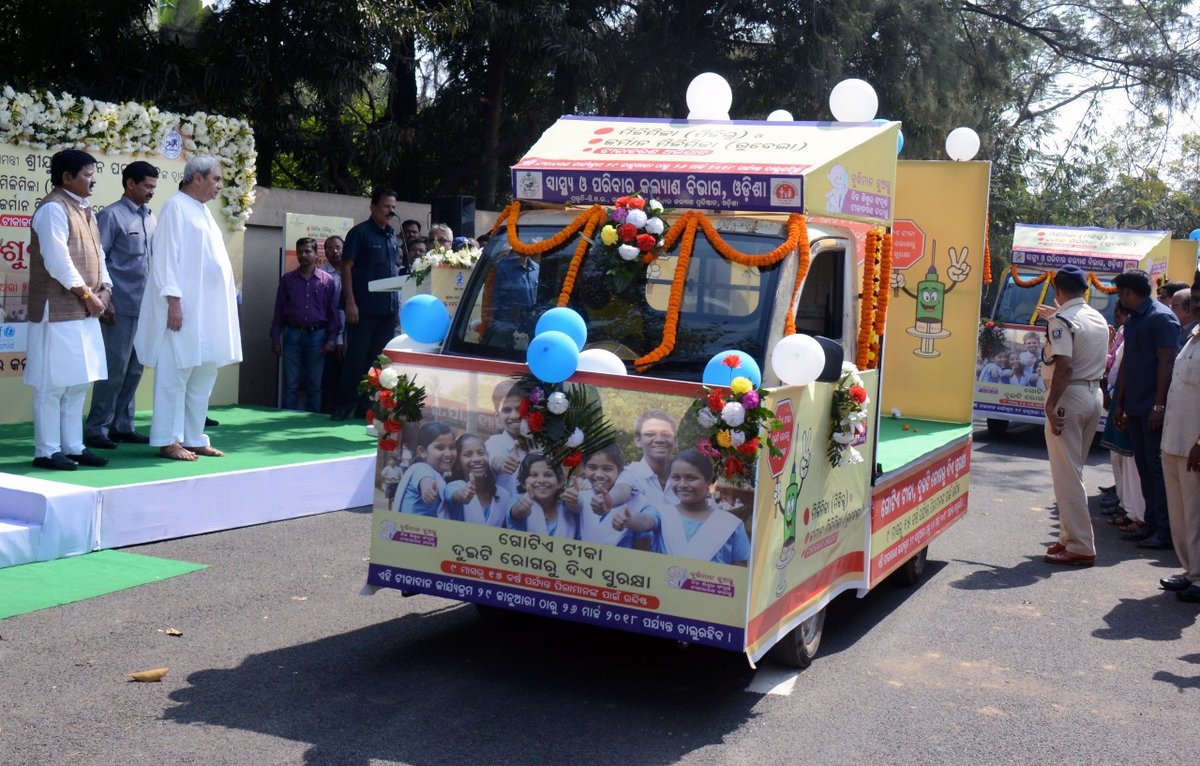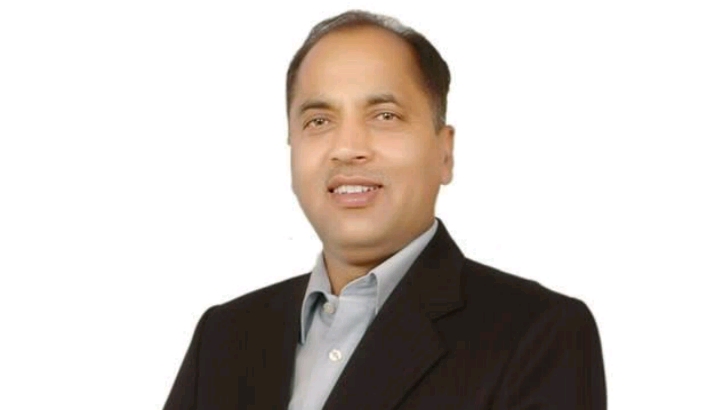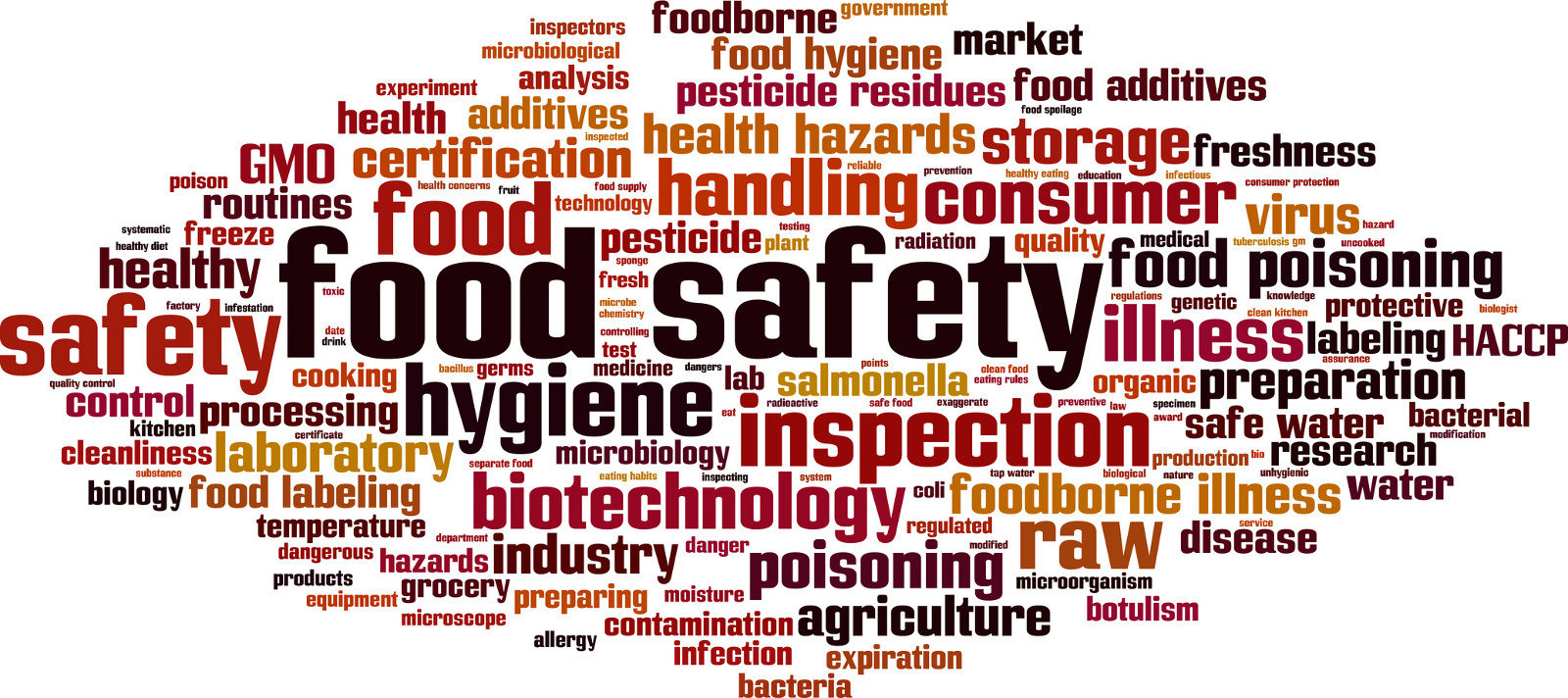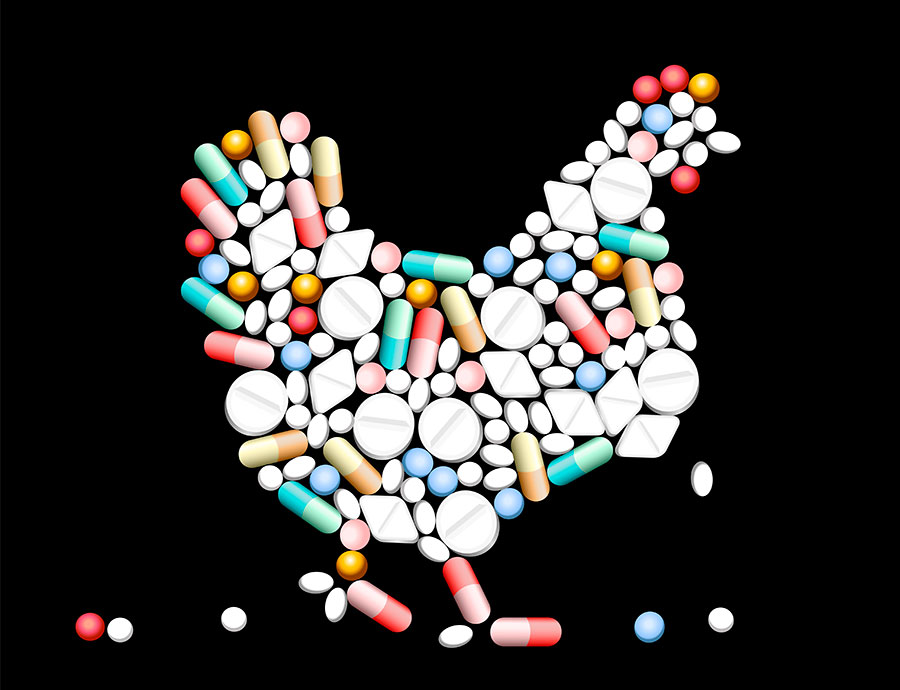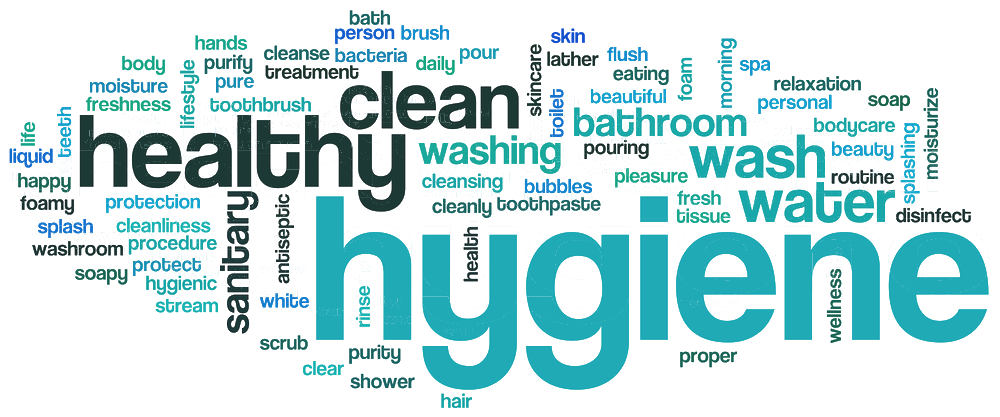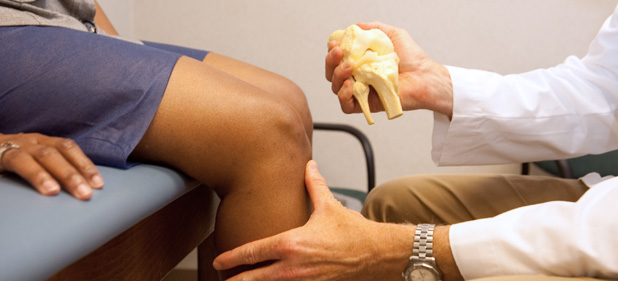

he Medical Defence Union (MDU) is reminding doctors to be careful what they post online after several recent articles have highlighted confidential patient information being shared by doctors through social media. The organisation which represents more than half of the UK’s doctors has seen an increase of 40% of calls from members in relation to the internet and social media, and warns that doctors must be cautious about the information they chose to share and should consider the GMC’s social media guidance when posting online.

In less than a week, two news articles have appeared highlighting information about patients that doctors have shared on social media[1].
MDU adviser, Dr Richenda Tisdale, says:
“Social media can be a force for good in medicine, for example, by helping doctors to network more effectively and giving patients access to more healthcare information. But there are risks too, particularly when it comes to confidentiality. Social media sites such as Twitter and Facebook are informal environments and so it is easy for doctors to let their guard down and not follow the same rules as they would offline. However, the rules of confidentiality apply as much when posting online as they do to when you are chatting to a friend on a night out.

“Not only do the same rules apply online, but it is also important that doctors remember that when something is shared through social media, it may not just be their friends and family who see it but could potentially be shared with strangers too.”
The MDU receives around five calls each month from doctors with concerns about Facebook, blogs and other websites. Common concerns include complaints and allegations made about doctors by patients on social networking sites; friendship requests from patients; and doctors who had found themselves in difficulties after posting comments and images online.
In its explanatory guidance, Doctors’ Use of Social Media, the GMC states that doctors must not discuss individual patients or their care via publicly accessible social media; “must not bully, harass or make gratuitous, unsubstantiated or unsustainable comments about individuals online”; and “if you identify yourself as a doctor in publicly accessible social media, you should also identify yourself by name”.
Doctors using social networking sites are advised by the MDU to:
Keep your profile private – limit access to friends only and don’t accept requests from patients to become a friend.
Be professional in your comments, especially about patients or colleagues.
Be cautious about posting anything that may bring the profession into disrepute.
Be aware that anything you upload on to a social networking site may be distributed further than you intended.
The MDU has issued advice to its members about the main changes in the GMC’s core guidance on its website www.themdu.com. They include:
Doctors will be expected to show that they adhere to the principles of the guidance when they ridate.
A new duty to take prompt action if a patient’s dignity or comfort is or may be seriously compromised.
A new obligation to tell the GMC if a doctor has been criticised by an official inquiry, which could include Care Quality Commission (CQC) investigations.
More detailed guidance on ending professional relationships with patients.
Advice on avoiding conflicts of interest when commissioning services – aimed at doctors serving on new clinical commissioning boards.
More detailed guidance on when it may or may not be appropriate to discuss personal beliefs with patients.
New advice on doctors’ duty to address concerns about a colleague’s sexual behaviour – which can include making inappropriate comments to patients.
Be a part of Elets Collaborative Initiatives. Join Us for Upcoming Events and explore business opportunities. Like us on Facebook , connect with us on LinkedIn and follow us on Twitter , Instagram.


